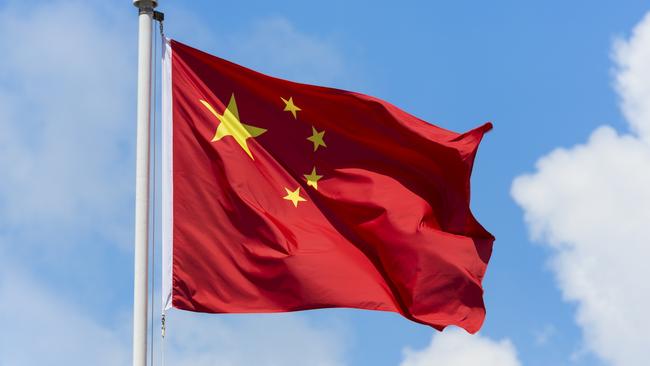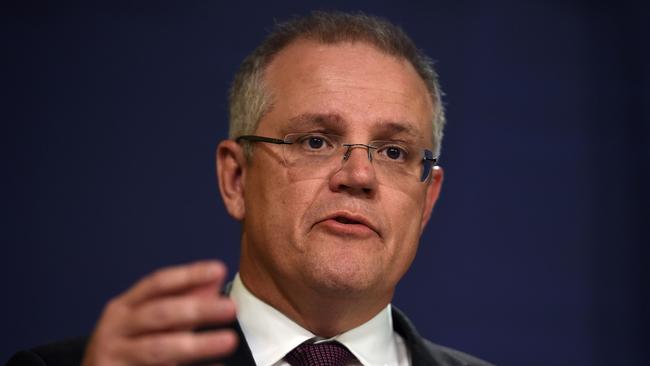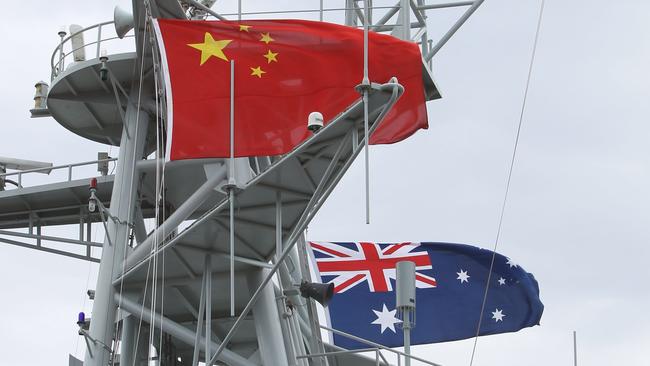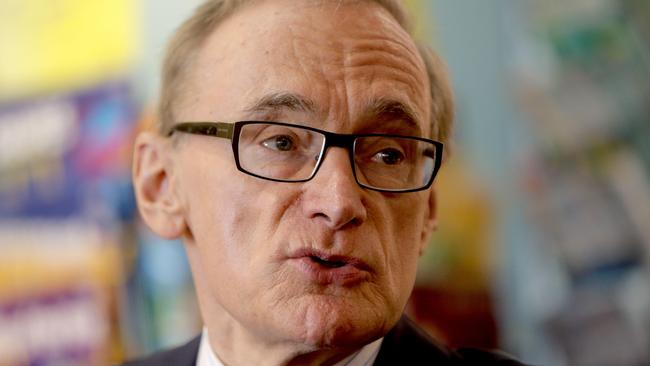Chinese press accuses Australia of ‘Chinaphobia’
CHINA has issued a scathing response to Australia over the government’s decision to block a key sale to Chinese buyers.

A PROMINENT media outlet in China has issued a scathing response to Australia’s decision to block a $10 billion corporate sale to Chinese bidders.
In the country’s official state press agency, the Xinhua News Agency, writer Luo Jun pens an opinion piece accusing the nation of “China-phobia” and “paranoia”.
The piece opens on a nationalistic note, saying: “Given China’s dramatic development, huge population and unique culture, it is understandable for some countries to have concerns over China’s role and impact on the world.”
It goes on to warn that “fear and bias” over the country’s growth could create a “toxic mindset of China-phobia and blockade win-win co-operation”.
In other words, it’s accusing Australia of hindering growth for both countries by blocking sales.
The Australian government has rejected China’s State Grid Corporation’s bid for its largest electricity network, Ausgrid.
Federal Treasurer Scott Morrison cited “national security concerns” to justify the decision, but said he couldn’t go into details.
“Ausgrid’s footprint includes critical power and communications services that Ausgrid provides to business and government,” he told the ABC.
“The national security concerns are not country-specific and relate to the transaction structure and the nature of the assets.
“The only person who’s security-cleared in this room to be able to hear the answer to that question is me.”

The Xinhua opinion piece was scathing of the Treasurer’s reason, saying fears over national security were laughable.
“To suggest that China would try to kidnap the countries’ electricity network for ulterior motive is absurd and almost comical, since it is widely recognised in the world that business reputation is critical to any corporate activity,” Jun writes.
It goes on to stress that Chinese investment is beneficial for all countries involved: “It will not be an zero-sum game for China and Australia, or China and Britain in such deals, as they bound their interests together for either mutual benefit or common loss.”
The opinion piece concludes by again accusing the Australian government of “dangerous” fearmongering and paranoia.
“The paranoia over Chinese investment is becoming a real problem that goes against such efforts.
“Behind the hurdles lies the dangerous mindset of China-phobia that needs to be addressed through open and sincere communication, as well as a fair and objective perspective.”

While the decision is seen as a setback for the NSW Government, state Treasurer Gladys Berejiklian has downplayed the decision, saying there are plenty of other bidders.
“This is a valuable asset with a lot of interest,” Ms Berejiklian said. “There were a number of people who came forward as bidders in December of last year.
“At that time the Federal Government gives its indication as to which bidders were OK to proceed from that point in time.”
“So along the process the Federal Government and its agencies had given the bidders every indication that they could continue through the process.”
Yesterday former foreign minister Bob Carr accused the government of a major policy sacrifice
“to the Witches’ Sabbath of xenophobia and economic nationalism”.
“The Treasurer is conceding to economic populism in the Senate and sacrificing the health of the New South Wales budget and jobs and investment in infrastructure,” he said.

This morning, Mr Morrison dismissed Mr Carr’s claims as “complete nonsense” on ABC Radio this morning.
Meanwhile, senior Liberal ministers have rejected claims that the decision was prompted by xenophobia.
Speaking to the Nine Network this morning, Defence Industry Minister Christopher Pyne said: “This has nothing to do with whether the business was Chinese, whether it was United States, whether it’s Great Britain. It wasn’t a decision based on the race of the bidders; it was a decision on national security.”
Likewise, Finance Minister Mathias Cormann told Sky News he understands the same decision would have been made if the bidders had been British or American.



